The Battle of the Five Spot: Ornette Coleman and the New York Jazz Field
By David Lee.
Published by Mercury Press
(available at www.nwpassages.com)
Reviewed by Jim Dupuis

Ornette Coleman is one of three
musicians considered to have
changed the course of JazzAlto saxophonist Ornette Coleman is considered to be the third musician to change the course of jazz after Louis Armstrong and Charlie Parker. He blazed a trail of free jazz, which was heavily based on improvisation and free of conventional restraints. To say his playing was controversial would be an understatement. In “The Battle of the Five Spot : Ornette Coleman and the New York Jazz Field” David Lee looks at Coleman’s New York debut at the venerable Five Spot Café jazz club and the effects it had on the jazz community. He uses sociologist Pierre Bourdieu’s theory of the field of cultural production as a backdrop. Bourdieu elaborates a theory of the cultural field which situates artistic works (in this case Coleman’s music) within the social conditions of their production, circulation, and consumption. So he is not only examining Coleman’s music, but individuals involved in making it what it became. Examples would be writers, such as Norman Mailer, fans, fellow musicians, club owners, etc. This book is  Drummer Max Roach was so incensed by what he felt Ornette Coleman was doing to jazz that he punched him in the mouth Drummer Max Roach was so incensed by what he felt Ornette Coleman was doing to jazz that he punched him in the mouth  an adaptation of the author’s master’s thesis and as such is written at a scholarly level. While “The Battle of the Five Spot” has obvious value as an academic source for post-secondary students of music and the social sciences, it can also be appreciated by the layman due to the stories involving the characters in the New York jazz scene. Consider that drummer Max Roach was so incensed by what he felt Ornette Coleman was doing to jazz that he punched him in the mouth. Miles Davis said, “Just listen to what he writes and how he plays it. … If you’re talking psychologically, the man is all screwed up inside.” “The Battle of the Five Spot” is well researched and gives us a snapshot of the debate over styles of jazz that will probably never end. In a recent conversation with Mr. Lee we noted that the schism in jazz is now wider than it ever was. It seemed surreal when Ornette Coleman was a presenter at this year’s Grammy Awards, the altar of mainstream music. However, he did get a nice reception. I saw him at the Commodore in Vancouver, back in the late 1980’s. His musicianship was superb. Thirty years had passed since the Five Spot shows and he seemed to me to be only slightly outside of what I considered was contemporary jazz. I wonder what I would have thought in 1959? an adaptation of the author’s master’s thesis and as such is written at a scholarly level. While “The Battle of the Five Spot” has obvious value as an academic source for post-secondary students of music and the social sciences, it can also be appreciated by the layman due to the stories involving the characters in the New York jazz scene. Consider that drummer Max Roach was so incensed by what he felt Ornette Coleman was doing to jazz that he punched him in the mouth. Miles Davis said, “Just listen to what he writes and how he plays it. … If you’re talking psychologically, the man is all screwed up inside.” “The Battle of the Five Spot” is well researched and gives us a snapshot of the debate over styles of jazz that will probably never end. In a recent conversation with Mr. Lee we noted that the schism in jazz is now wider than it ever was. It seemed surreal when Ornette Coleman was a presenter at this year’s Grammy Awards, the altar of mainstream music. However, he did get a nice reception. I saw him at the Commodore in Vancouver, back in the late 1980’s. His musicianship was superb. Thirty years had passed since the Five Spot shows and he seemed to me to be only slightly outside of what I considered was contemporary jazz. I wonder what I would have thought in 1959?
Read the Jim Dupuis' interview with author David Lee. |

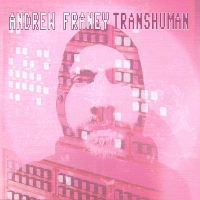
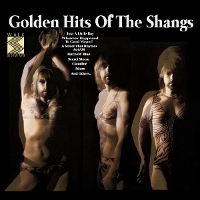




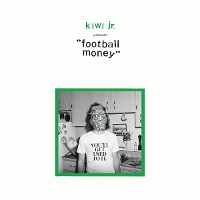


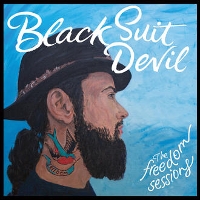
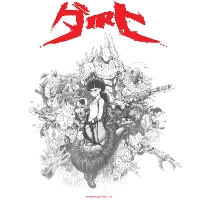

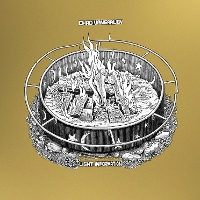

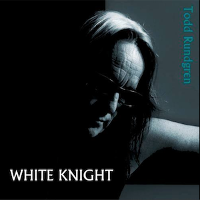

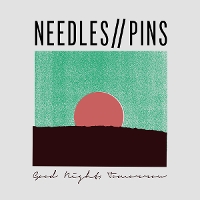


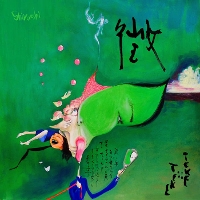
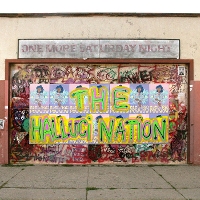
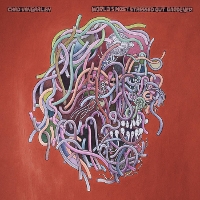

 Drummer Max Roach was so incensed by what he felt Ornette Coleman was doing to jazz that he punched him in the mouth
Drummer Max Roach was so incensed by what he felt Ornette Coleman was doing to jazz that he punched him in the mouth 

